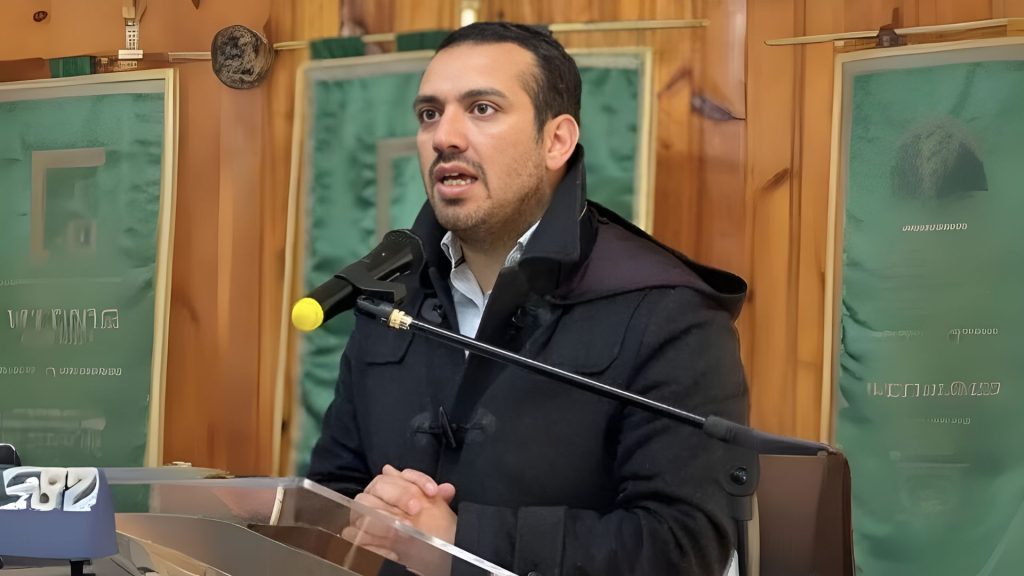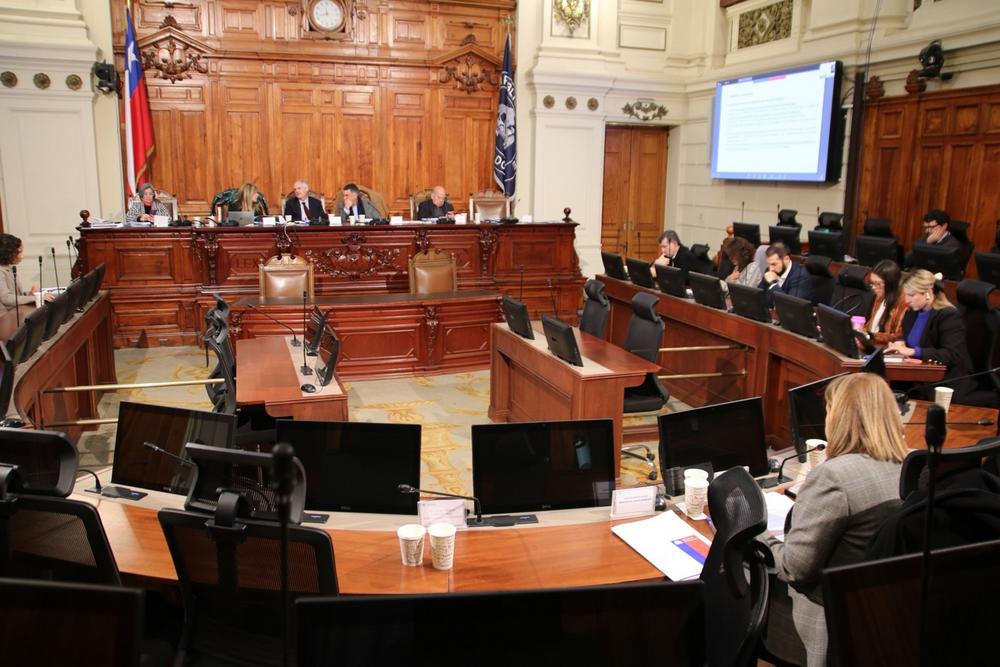The legal battle between unauthorized casino operators and two municipalities in Chile—Antofagasta and Coyhaique—continues to unfold, as operators seek to overturn local enforcement actions that led to the closure of unlicensed gaming venues.

At the center of the dispute is TAO Entretenciones SPA, a company linked to multiple locations operating illegal slot machines. Their lawsuits argue that the closures were “arbitrary” and lacked proper legal foundation. The legal complaints target municipal authorities including Coyhaique mayor Carlos Gatica and three senior officials, who ordered closures in line with national gaming regulations.

In response, Mayor Gatica dismissed the accusations, stating:
“It’s like the thief suing the judge.”
He insists that local authorities acted within their legal mandate, citing oversight from the Chilean Comptroller and rulings from the Superintendence of Casinos and Games supporting enforcement against unlicensed gaming operations.
Authorities target unauthorized gaming venues in Estación Central with major equipment seizure
The municipalities argue that these venues pose not only a fiscal risk—by evading municipal licenses and taxes—but also a social threat, undermining community trust and public safety.
Chile’s broader gaming landscape is facing scrutiny, with estimates suggesting between 300,000 and 700,000 illegal slot machines operating across the country. These vastly outnumber the 15,000 legally authorized units and have prompted calls for stronger national enforcement.

Industry groups such as the Chilean Association of Casinos (ACCJ) have applauded municipal efforts and expressed concern over the normalization of illegal operations. Their president, Cecilia Valdés, reiterated that local governments have both the right and the duty to protect legal gaming environments. As legal proceedings advance, the outcome could set a precedent on how Chilean municipalities can act against the shadow gaming economy.











































